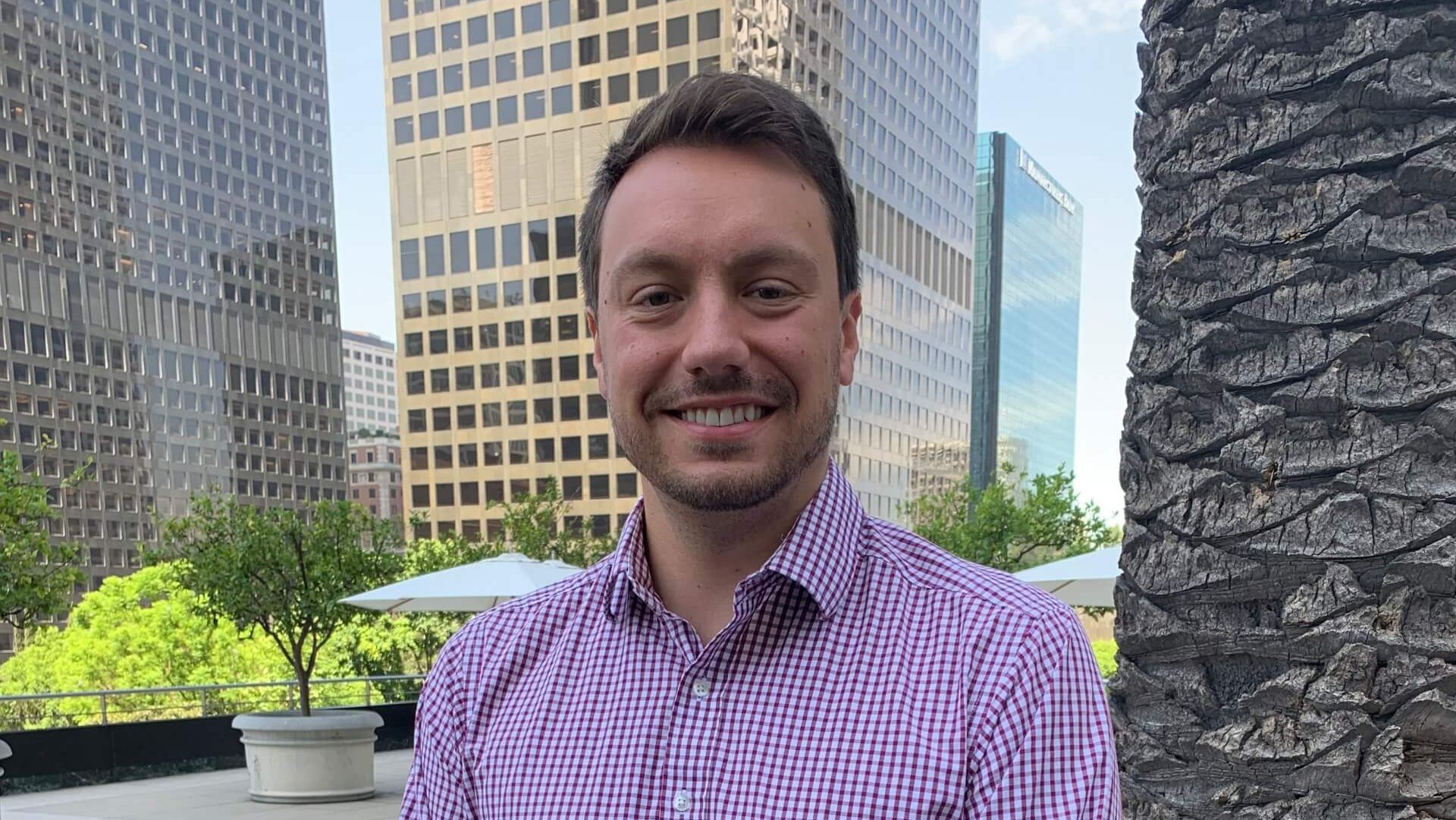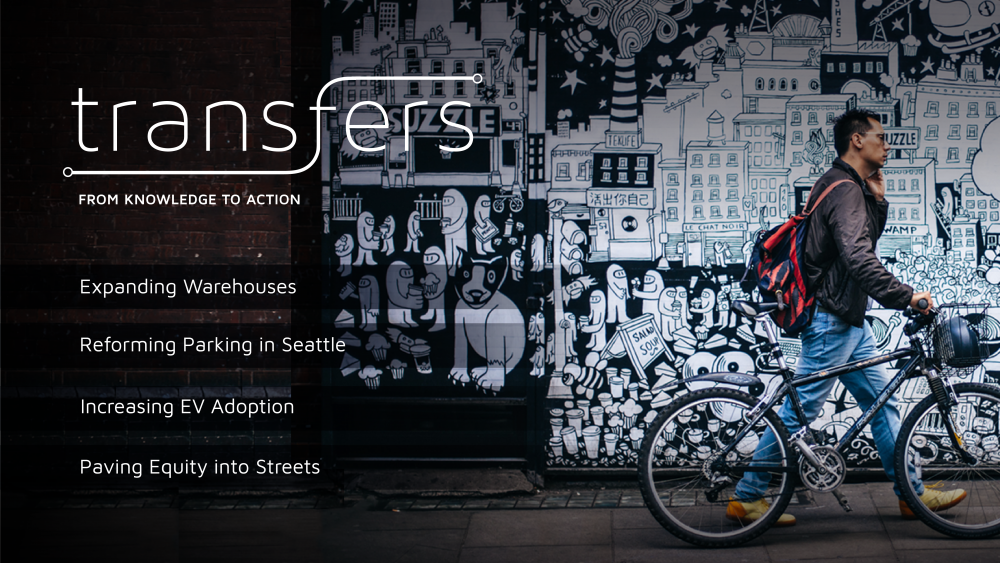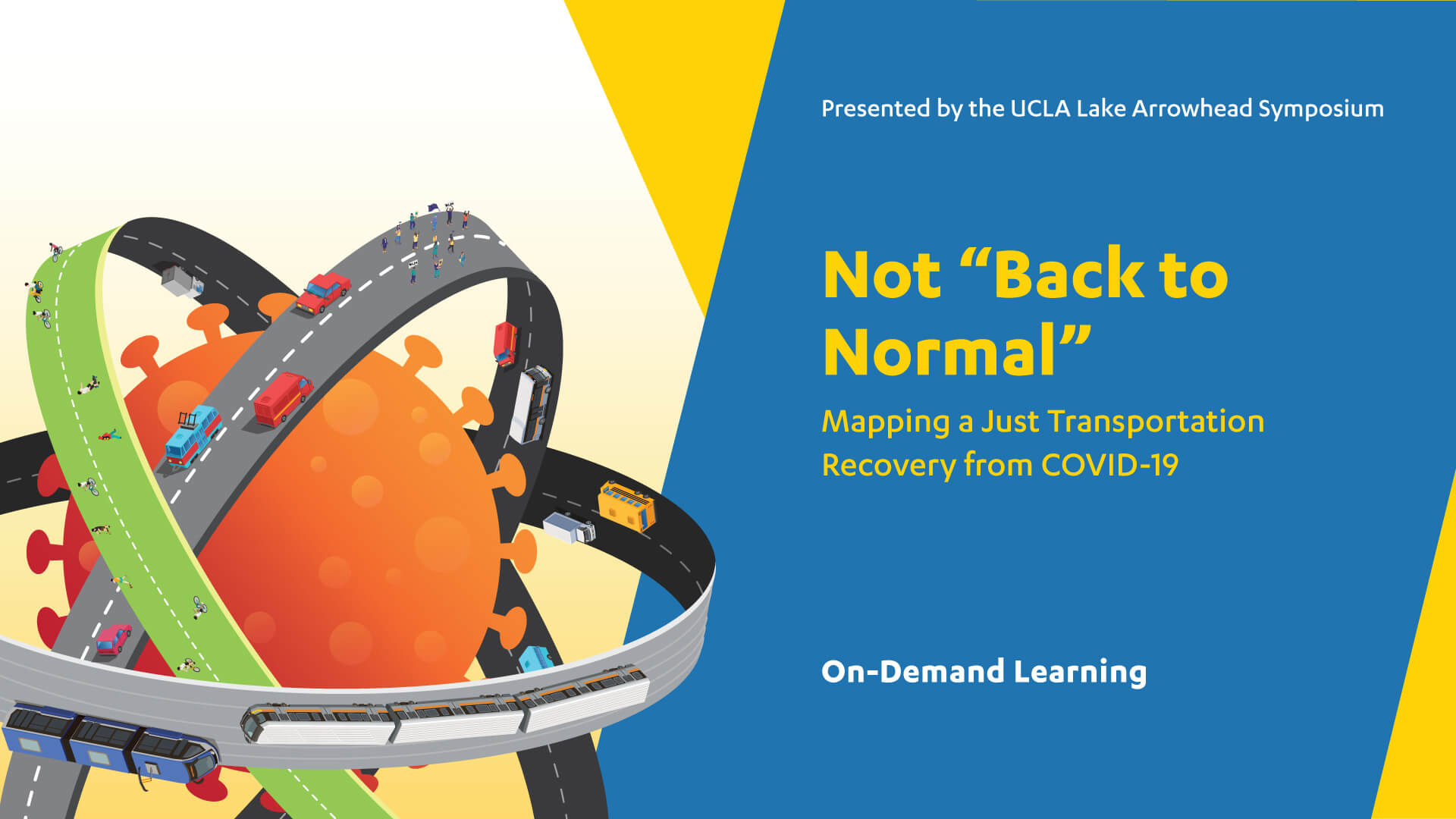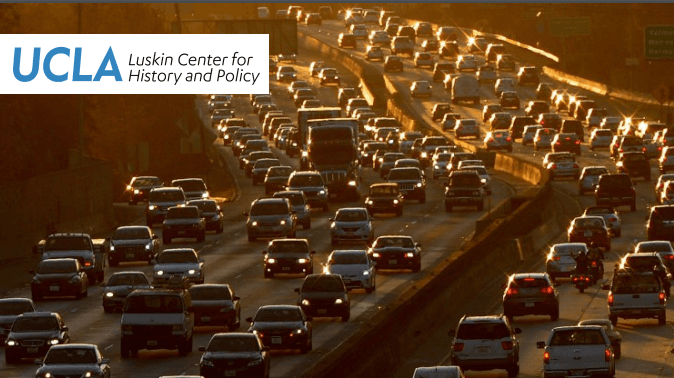-
Student award shines light on school transportation issues

[fusion_builder_container type=”flex” hundred_percent=”no” hundred_percent_height=”no” min_height=”” hundred_percent_height_scroll=”no” align_content=”stretch” flex_align_items=”flex-start” flex_justify_content=”flex-start” flex_column_spacing=”” hundred_percent_height_center_content=”yes” equal_height_columns=”no” container_tag=”div” menu_anchor=”” hide_on_mobile=”small-visibility,medium-visibility,large-visibility” status=”published” publish_date=”” class=”” id=”” link_color=”” link_hover_color=”” border_sizes=”” border_sizes_top=”” border_sizes_right=”” border_sizes_bottom=”” border_sizes_left=”” border_color=”” border_style=”solid” spacing_medium=”” margin_top_medium=”” margin_bottom_medium=”” spacing_small=”” margin_top_small=”” margin_bottom_small=”” margin_top=”” margin_bottom=”” padding_dimensions_medium=”” padding_top_medium=”” padding_right_medium=”” padding_bottom_medium=”” padding_left_medium=”” padding_dimensions_small=”” padding_top_small=”” padding_right_small=”” padding_bottom_small=”” padding_left_small=”” padding_top=”” padding_right=”” padding_bottom=”” padding_left=”” box_shadow=”no” box_shadow_vertical=”” box_shadow_horizontal=”” box_shadow_blur=”0″ box_shadow_spread=”0″…
-
Transfers Issue 6 available now

Transfers Magazine, the biannual digital magazine of the Pacific Southwest Region UTC edited by a team of UCLA faculty, staff and students, released its latest issue last month. Our writers take on some of the biggest challenges we have faced as a society this year, from climate change to racial injustice to the COVID-19 pandemic.…
-
International Study on Women and Ride-Hailing Wins Award

Fariba Siddiq is leveraging her cross-cultural knowledge to study gender differences in ride-hailing. Siddiq, who was born and raised in Bangladesh, is researching ride-hailing experiences across genders in two cities: Los Angeles and Dhaka, Bangladesh. In her study, she’ll explore how ride-hailing impacts mobility and access to opportunities for women in both countries — before…
-
Unequal access to remote work during the pandemic

Work from home significantly reduces the risk of contracting COVID-19, yet the ability to telecommute is starkly divided along lines of race, income, and educational attainment. Those unable to work remotely face higher rates of COVID-19, job loss, and lost wages. In a new brief by the UCLA Center for Neighborhood Knowledge, authors Rosalie Singerman…
-
Pricing roads: Learning from gasoline shortages

[fusion_builder_container hundred_percent=”no” equal_height_columns=”no” menu_anchor=”” hide_on_mobile=”small-visibility,medium-visibility,large-visibility” class=”” id=”” background_color=”” background_image=”” background_position=”center center” background_repeat=”no-repeat” fade=”no” background_parallax=”none” parallax_speed=”0.3″ video_mp4=”” video_webm=”” video_ogv=”” video_url=”” video_aspect_ratio=”16:9″ video_loop=”yes” video_mute=”yes” overlay_color=”” video_preview_image=”” border_color=”” border_style=”solid” padding_top=”” padding_bottom=”” padding_left=”” padding_right=”” type=”legacy”][fusion_builder_row][fusion_builder_column type=”1_1″ layout=”1_1″ background_position=”left top” background_color=”” border_color=”” border_style=”solid” border_position=”all” spacing=”yes” background_image=”” background_repeat=”no-repeat” padding_top=”” padding_right=”” padding_bottom=”” padding_left=”” margin_top=”0px” margin_bottom=”0px” class=”” id=”” animation_type=”” animation_speed=”0.3″ animation_direction=”left” hide_on_mobile=”small-visibility,medium-visibility,large-visibility” center_content=”no”…
-
UCLA Arrowhead Series available for on-demand learning

The UCLA Institute of Transportation Studies recently held the virtual UCLA Lake Arrowhead Symposium focused on transportation conditions before, during and after COVID-19. During the 10 sessions, speakers addressed the struggles transportation agencies have faced in the current pandemic, along with systemic inequities in access to transportation and best practices for moving forward. Event recordings…
-
100 years of fighting traffic in LA

[fusion_builder_container hundred_percent=”no” hundred_percent_height=”no” hundred_percent_height_scroll=”no” hundred_percent_height_center_content=”yes” equal_height_columns=”no” menu_anchor=”” hide_on_mobile=”small-visibility,medium-visibility,large-visibility” status=”published” publish_date=”” class=”” id=”” link_color=”” link_hover_color=”” border_size=”” border_color=”” border_style=”solid” margin_top=”” margin_bottom=”” padding_top=”” padding_right=”” padding_bottom=”” padding_left=”” gradient_start_color=”” gradient_end_color=”” gradient_start_position=”0″ gradient_end_position=”100″ gradient_type=”linear” radial_direction=”center center” linear_angle=”180″ background_color=”” background_image=”” background_position=”center center” background_repeat=”no-repeat” fade=”no” background_parallax=”none” enable_mobile=”no” parallax_speed=”0.3″ background_blend_mode=”none” video_mp4=”” video_webm=”” video_ogv=”” video_url=”” video_aspect_ratio=”16:9″ video_loop=”yes” video_mute=”yes” video_preview_image=”” filter_hue=”0″ filter_saturation=”100″ filter_brightness=”100″ filter_contrast=”100″ filter_invert=”0″ filter_sepia=”0″…
-
Urban Planning graduate conducts year’s best academic work

A research project on Los Angeles’ parking minimums received the American Planning Association Los Angeles’ 2020 award for academic excellence for work conducted as part of master’s capstone project. Titled “Parking? Lots! Parking Over the Minimum in Los Angeles,” Katelyn Stangl MURP ‘19 explored developer responses to parking minimums in the city. Critics of parking…
-
Transfers Magazine – Issue 5

Transfers Issue 5 Online Now The latest issue of Transfers Magazine, the biannual digital magazine of the Pacific Southwest Region UTC edited by a team of UCLA faculty, staff and students, came out last week. In our current uncertain time, we’ve continued to stay committed to sharing the latest in transportation research. This issue covers…
-
For the Press: Transportation, Coronavirus and COVID-19
